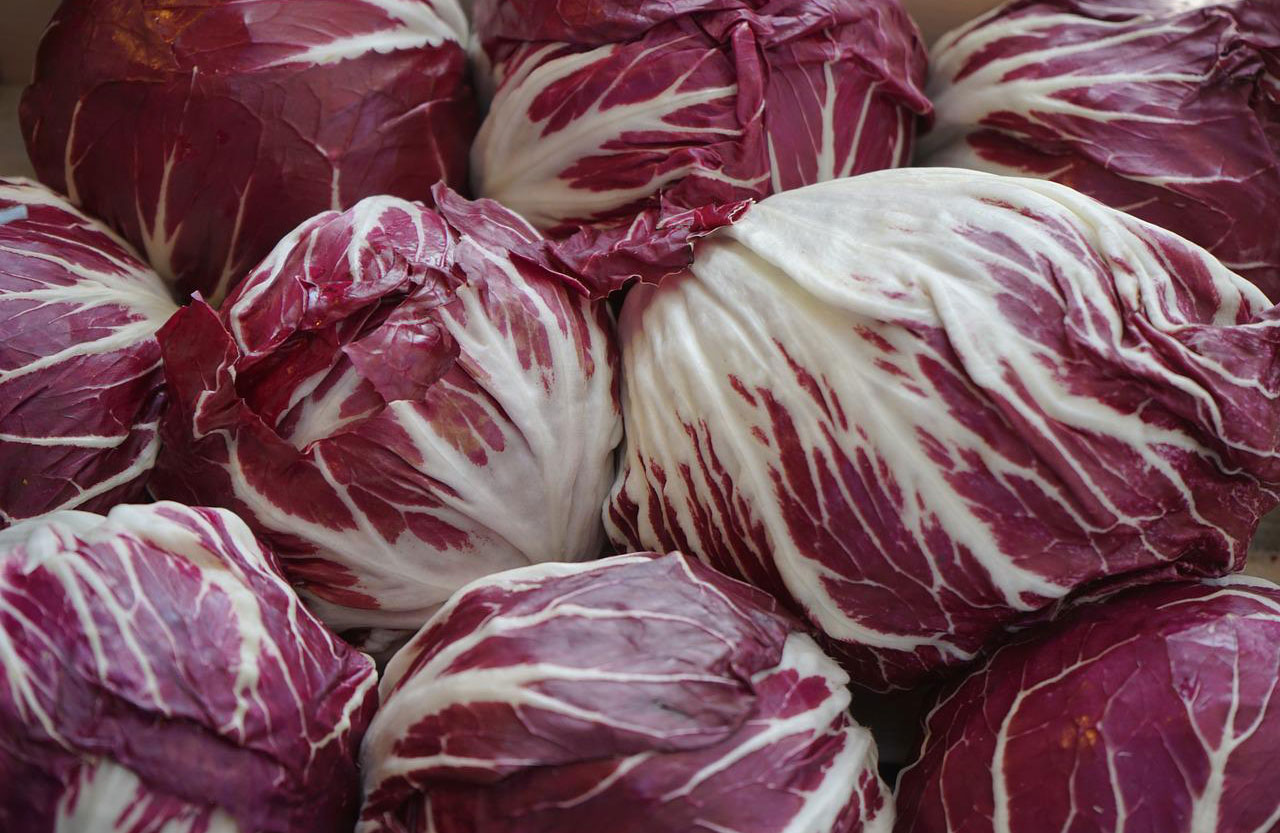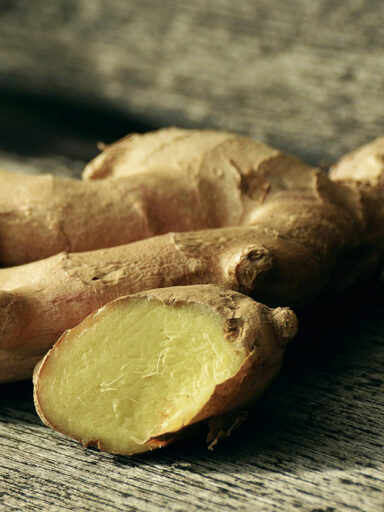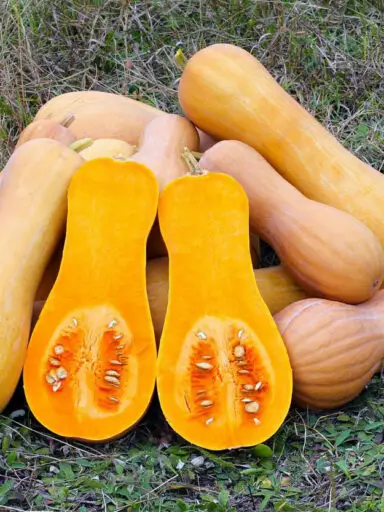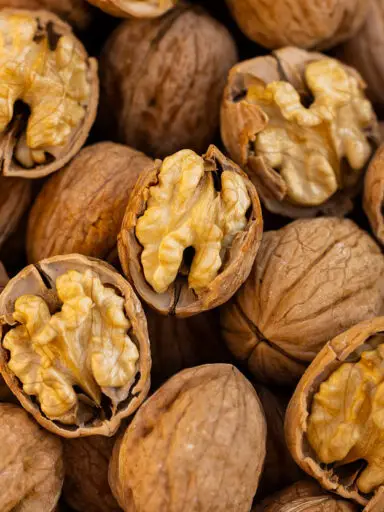Radicchio is a perennial cultivated form of leaf chicory vegetables. It is also known as Italian chicory as it is commonly used in Italian cuisine. It resembles red cabbage with colorful white-veined red leaves that form the head.
Radicchio has a bitter and spicy taste which mellows if it is grilled or roasted.
This vegetable grows best in Spring and Autumn gardens. It excels with more frequent but not too much watering based on soil type. The bitterness in the leaf is directly correlated to the frequency of watering.
The Autumn crop is more mellow due to the onset of the cold temperatures heading into Winter. The cold also encourages a more reddish color.
Radicchio matures in approximately three months. The crop can survive Winter, as long as the head is cut off carefully above ground level and protected against severe frost.
Radicchio for Culinary Purposes
Radicchio which is very popular in Italian cuisine should be washed thoroughly under cold running water to remove dirt, soil, and bug residue.
The leaves can be chopped and added to dishes such as risotto, served with pasta, or used in strudel, as a poultry stuffing, or as an ingredient for a tapenade.
It can also be eaten grilled with olive oil. As with all chicories varieties, radicchio roots, after roasting and grinding, can be used as a coffee substitute or coffee additive.
Nutritional Benefits
Radicchio provides just 23 calories per 100 grams. it is a good source of dietary fiber and contains no cholesterol. It is a very good source of vitamin K.
It is also rich in pantothenic acid, vitamin B6, folates (B9), vitamin C, and vitamin E. It also contains good amounts of thiamine (B1), riboflavin (B2), and niacin (B3).
In terms of minerals, it is a very good source of manganese, phosphorus, zinc, and potassium. It also comes with good amounts of calcium, iron, magnesium, and traces of sodium.



